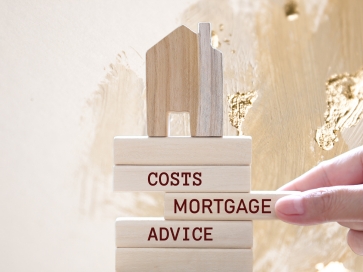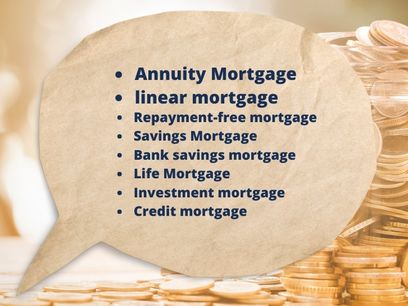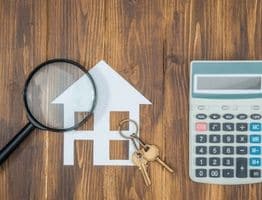
> Read more about the different types of mortgage advisors
No cure, no pay mortgage advisor
In The Netherlands, the “no-cure, no-pay” adviser is the most common type of mortgage advisor. A “no cure no pay” mortgage adviser is the type of adviser who charges fees only if he or she succeeds in arranging a mortgage for you. In other words, if the mortgage adviser does not succeed in arranging a mortgage for you, you do not have to pay any costs for mortgage advice. The “no cure no pay” principle is designed to lower the financial threshold for customers and assure them that they will not incur any fees if the mortgage advice is unsuccessful. This can be especially useful for people who are afraid of incurring unnecessary costs if they cannot find a suitable mortgage in the end.
If the mortgage broker does manage to secure a mortgage for you, he or she will charge a fee. This fee may be a flat fee, a percentage of the mortgage amount, or a combination of both. The exact arrangements for the fee and its amount are usually discussed with the mortgage adviser before the advisory process begins.
It is important to note that “no cure, nno pay does not mean that mortgage advice is entirely free. If the adviser succeeds in securing a mortgage for you, you will indeed be charged a fee, but only in the case of successful completion.
Mortgage advice with hourly rate
Some mortgage advisers charge a flat fee for their services, which can vary depending on the adviser and the number of hours spent on the advice. This amount can be agreed in advance, so you know what to expect. The fixed fee for a mortgage adviser can vary and depends on several factors, such as the experience of the adviser, the region you live in and the complexity of your financial situation. In the Netherlands, the cost for a mortgage adviser can typically be between €1,000 and €3,000, but this is only a rough estimate.
A fixed fee for a mortgage adviser means that you pay a pre-agreed amount for the adviser’s services, regardless of the amount of the mortgage that is eventually concluded. This amount can be calculated based on the number of hours the adviser spends on the advice, the complexity of your financial situation and the number of interviews that take place.
The advantage of a fixed fee is that you have clarity about the cost of the mortgage advice in advance and there are no surprises when the mortgage is finalised. This can be especially useful if you have a relatively simple financial situation and do not need complicated mortgage structures.
Percentage of the mortgage
In some cases, the mortgage adviser charges a percentage of the mortgage amount as a fee for their services. A “percentage of mortgage” for mortgage adviser fees means that the adviser charges a fee based on a percentage of the total mortgage amount you want to borrow. This percentage can vary depending on the adviser and the arrangements you make with him or her.
For example, if the adviser charges a fee of 1% and you want to take out a mortgage of €300.000, you would pay €3.000 for the costs of the mortgage advice (1% of €300.000). If the mortgage amount is higher, the fee will increase proportionally, and if the mortgage amount is lower, the fee will be less.
The advantage of a fee structure based on a percentage of the mortgage is that it motivates the adviser to help you find the most suitable and appropriate mortgage for your situation. If the mortgage adviser manages to arrange a higher mortgage for you, his or her fee will also be higher. As a result, there is a degree of ‘shared interest’ between you and the adviser to get the best result.
Combination of fixed amount and percentage
Some mortgage advisers use a combination of a fixed amount and a percentage of the mortgage to calculate their costs for mortgage advice. For example, a fixed amount for the advice and a percentage of the mortgage amount when the mortgage is taken out.
Additional costs with a mortgage
It is essential to discuss the cost of mortgage advice thoroughly with the adviser before you start the advice process. Ask for a clear overview of the costs and how they are structured, so there are no surprises. Also pay attention to any additional costs, such as brokerage, administration fees, mediation fees, fees for additional advice or advisory fees for specific situations. For example, when you want to make your house more sustainable.
> Read more about sustainable mortgages
Some mortgage advisers offer a free orientation meeting, during which you have the opportunity to get to know the adviser and discuss your needs and wishes. This orientation meeting is non-binding and gives you the chance to decide whether you want to go further with this adviser. In addition, it is essential to know that mortgage consultancy fees may be tax deductible under certain conditions. It is wise to discuss this with the adviser and/or a tax advisor to see if you qualify for this.
Costs of mortgage advice
Different types of mortgages
Calculating maximum mortgage for expats
💡 Need help with finding a mortgage advisor?
We provide you with free help and advice for the best mortgage advisors.


